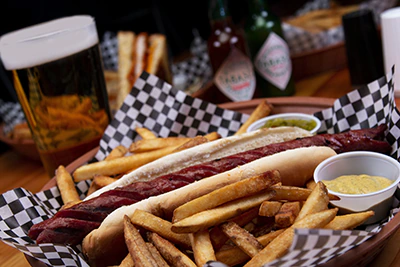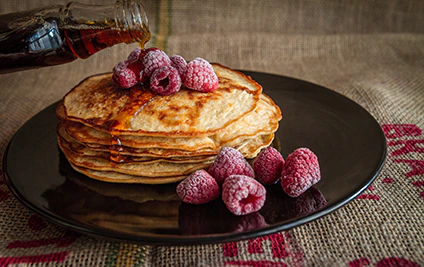| Essence |
Butylated Hydroxytoluene (E321), also known as the BHT, is a synthetic antioxidant (white to yellowish crystalline powder) primarily used in food to help prevent rancidity and oxidation with fats, oils, and fatty acids but also to help avoid discoloration. It also gets used in medicine and cosmetics. It is less expensive than Butylated Hydroxyanisole (E320), but also less resilient to high temperatures. |
| Names |
BHT, Dibutylhydroxytoluene, Butylhydroxytoluene, Agidol, Tert-Butyl-4-Hydroxytoluene, DBPC (Di-Tert-Butylphenol), 2,6-Di-Tert-Butyl-4-Methylphenol, Butylated Hydroxyanisole, Sustane BHT, Vanox B, Antrancine 8, Advastab 401, E321, Butylated Hydroxytoluene, and others. |
| Sourcing |
Typically, Isobutylene and P-Cresol (both are petroleum-derived compounds). |
| Manufacturing |
The sourcing ingredients are combined in the presence of a catalyst like Hydrochloric Acid, Sulfuric Acid, or Phosphoric Acid. This creates a variety of products. One of those products is the 2,6-di-tert-butyl-4-methylphenol (BHT). This substance then undergoes various distillation and purification steps. |
| Application |
Antioxidant (synthetic, water-insoluble) and preservative. |
| Acceptable Daily Intake |
Up to 0.3 milligrams per kilogram of body weight is claimed to be completely safe. |
| Side Effects |
It can cause migraines and liver damage, as well as cell division. There are also cancer-inducing dangers associated with it. Is known to cause mutagenic changes in humans. It can have negative hormonal effects, cause skin irritation, asthma, as well as various allergic reactions such as difficulty breathing, hives, and itching. |
| Benefits |
In theory, in some cases, it can display some positive effects due to its antioxidant properties. But in other cases, it essentially promotes inflammation. Either way, the potential health risks easily outweigh any theoretical improvements. |
| Studies |
3,670+ studies on Pubmed. 105+ studies on safety. |
| Allergens |
May not be Soy-Free and Corn-Free. P-Cresol can be derived from Soy or Corn. |
| Diet Restrictions |
May not be Halal and Kosher compatible. |
| Health Knight Assessment |
Seriously Harmful. | Category 5 Additive. |
| Products |
Butylated Hydroxytoluene (E321) can be found in processed foods like pastries, pancakes, crackers, chips, candy, chewing gum, peanut bars, instant noodles, breakfast cereal, wafers, granola bars, sausages, hot dogs, popcorn, bread, beers, wines, and more. |



